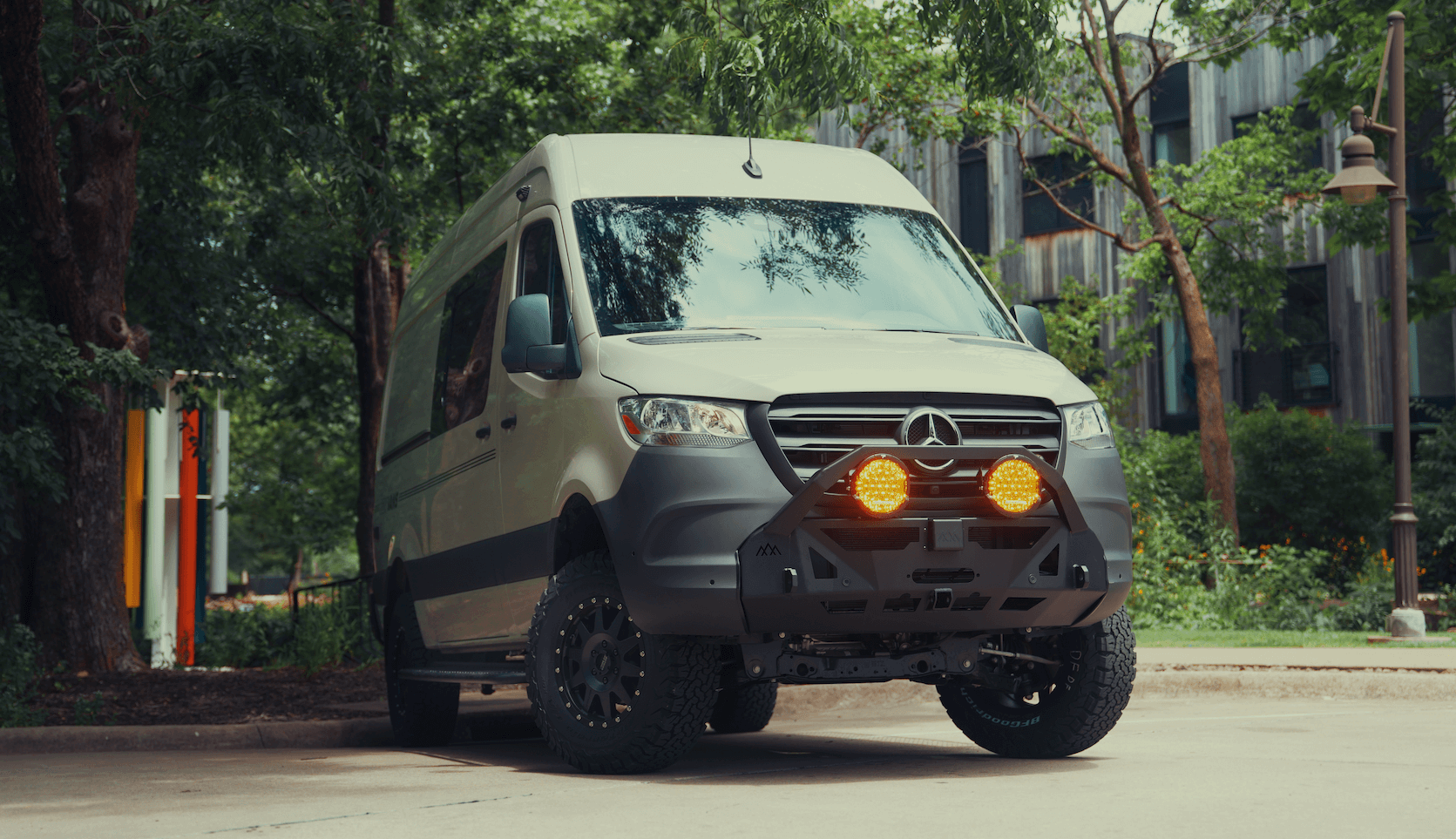Recreational Vans

An rv van conversion for sale can be a turnkey ticket to travel or a project in disguise. Start by separating three elements in your head. The base vehicle, the conversion work, and the paperwork that ties it all together. Modern platforms like Mercedes Sprinter, Ford Transit, and Ram ProMaster are common, while vintage rigs and classics create a different ownership experience. Your job is to decide whether you want plug and play reliability, period charm, or a blend of both.
Begin with the shell and structure. Look for corrosion along pinch welds, window frames, roof seams, and underbody mounts. Water stains around vents or windows hint at past leaks. Inside, tug gently on wall panels and inspect beneath cushions to spot hidden damp. Weigh every added component against the van’s payload rating. Overweight builds stress brakes, suspension, and tires.
Mechanical health is your second checkpoint. Cold start the engine, note idle quality, check for warning lights, and verify service records. On the road, monitor transmission shifts, engine temps, and highway stability. Uneven tire wear can signal alignment or suspension issues. Brakes should track straight with confident bite, and the parking brake should hold on an incline.
Finally, test every cabin system. Turn on each light, fan, and pump. Fill the freshwater tank, run the faucet, and watch for drips. Cycle the water heater. If propane is present, confirm cylinder date, regulator condition, and the presence of a leak detector. For shore power, look for a breaker panel, GFCI protection, proper wire gauge, and sound strain relief where cables enter cabinets.
A clean body saves money down the road. Surface rust can be manageable, but structural rot at spring perches or frame rails is costly. Inspect doors and latches for alignment. Roof racks and solar mounts should be sealed with the right adhesive and spaced with backing plates to spread load. Fresh weatherstripping around windows and vents keeps dust and water out.
Mileage tells only part of the story. A well maintained van with higher miles may outperform a neglected low mile example. Look for recent fluid changes, cooling system care, and quality parts on wear items. On the test drive, note driveline vibration, wind noise from roof accessories, and braking feel on long descents. Confidence behind the wheel matters as much as cabinet layout.
The term ford falcon camper for sale can point to different vehicles depending on region. In the United States, the early Ford Econoline vans were marketed under the Falcon line in the 1960s and often converted into compact campers. In Australia, Falcon panel vans saw extensive camper use with simple, functional interiors. Across versions, you will encounter classic engines, drum or early disc brakes, and steering systems that feel very different from modern vans.
For any ford falcon camper van for sale, judge originality versus upgrades. Original rigs carry period charm, but safety updates may be wise. Verify brake condition, lighting, seat belts, and tire date codes. Ask how the electrical system was modernized. A blend of lithium storage, a DC to DC charger for alternator input, fused circuits, and a solar array can make an old platform far more livable without ruining character.
Look for three things. Strong brakes, secure seating, and protected power. Inspect the master cylinder and lines, confirm functional seat belts, and open the fuse panel to see clean routing and correct fuse ratings. A carbon monoxide detector and propane detector are inexpensive safeguards. If a pop top is fitted, inspect hinges, latches, and canvas condition.
Pricing on an rv van conversion for sale varies with brand, age, miles, and build quality. Professionally converted, late model vans command higher prices due to service history and replacement cost. Vintage Falcon based campers swing in value based on originality, rust, and documentation. Compare at least five similar listings to understand the market and be wary of outliers that seem too cheap or oddly expensive.
A thorough pre purchase inspection is worth every penny. Hire an automotive technician for the chassis and an RV focused tech for house systems. Ask for a moisture meter sweep, thermal imaging around windows if available, and a load test of the electrical system. Confirm that the title matches the VIN and that the vehicle class and insurance category make sense for your plans. If propane components are present, request a recent pressure check.
The best deal is the one you can register, insure, and service. Make sure weight ratings are on the door sticker and that any seating complies with local laws. Keep receipts for conversion work and manuals for appliances. A tidy binder of documentation boosts resale value and eases maintenance.
If you want the style and freedom of a camper van without the guesswork, OZK can blueprint the right path. Our team builds complete custom vans and delivers partial upfits that solve power, water, storage, and sleep needs with clean craftsmanship. If a brand new build is on your mind, or you want a platform that can finance, we curate mainstream vans and configure them for real travel.
Tell us how you travel, how many people ride along, and what comforts matter most. We will align a platform and layout that meets your budget and timeline, then deliver a handoff that feels like a sendoff. Submit the form and we will respond with options, pricing, and build dates.
Ready for a proven build path instead of gambling on a used conversion Find your starting point with OZK. Tell us how you travel, and we will map a custom or mainstream platform that fits your budget and timeline. Submit the form and our team will follow up with options, pricing, and build dates.
ADDRESS:
6159 E Huntsville Rd, Fayetteville, AR 72701
PHONE:
(479) 326-9200
EMAIL:
info@ozkvans.com